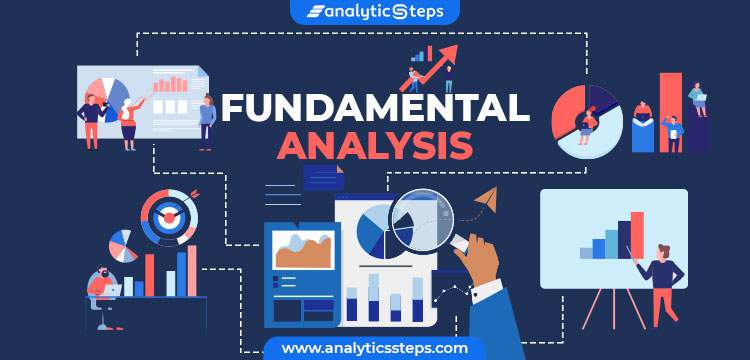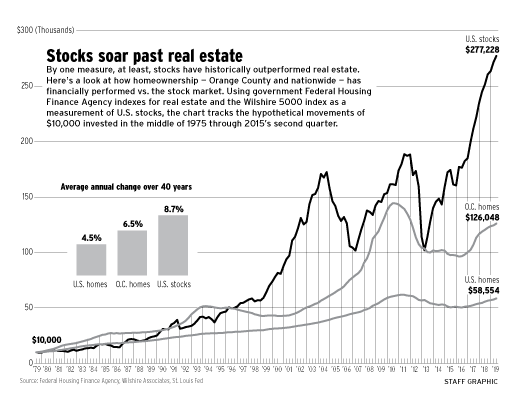1) Consistently Increasing Cash Flow from operations
When valuing a company, the first step is determining the cash flow from operations of the company. To do this, divide the trailing 12-month cash flow by the number of shares outstanding. This calculation should give you a rough idea of the operating cash flow per share. If you’re unsure, you can always assume that it’s growing. If so, you can reduce the discount rate. Incorporating this assumption into the cash flow estimate will increase the business’ value.
To determine how much a company is worth, the analysts will use several factors to assess its potential. For example, a company’s proprietary technology and products may be patented and sold through licensing. Another important factor in a company’s value is its work force, including pay and benefits, labor supply, and supplier relationships. The company’s customers may be financially solid or not, and its strategic relationships can be positive or negative.
One of the best ways to value a company is to assess its cash flow from operations. The higher the cash flow from operations, the more reliable the company is. The cash flow from operations is a better indication of a company’s strength because it shows a consistent pattern of growth and profitability. Cash flow from operations is equal to the difference between the company’s assets and liabilities minus the change in their working capital. Negative cash flow from operations indicates that a company needs to access other sources of cash to pay for expenses.
2) Consistently Increasing Earnings
During the valuation process, investors look at the trailing twelve-month financial statement and prior three years’ financial data. Companies with consistent growth in earnings are worth more than those with erratic and unsteady growth. Revenue that fluctuates from year to year makes it difficult to predict where the business is going. In addition, fast-growing companies are harder to value, making them more appealing to buyers.
3) Positive Growth Rate
Many investors focus on the Positive Growth Rate when valuing a business, but there are other factors to consider as well. One factor to consider is the industry and the company’s past growth rate. While some companies are booming, many have slowed down and some are stagnant. In addition, companies in mature markets often experience negative growth, which means investors need to be prepared to accept negative growth for a period of time.
The Positive Growth Rate when valuing a business refers to how fast the company has grown. A positive growth rate implies that the business will continue to expand for as long as it exists. On the other hand, a negative growth rate implies that the company is declining, with fewer new employees joining the company. You can calculate the growth rate of a company by comparing the number of employees at two points in time. The growth rate is then expressed as a percentage.
Another important factor to consider when valuing a company is its sales growth rate. If the sales growth rate is below 20%, the company may not be as profitable as it seems. But if the company is increasing revenue and profitability, it is worth the investment. Investors prefer to invest in companies with consistent growth over time. A positive sales growth rate helps them evaluate the company and make a more informed decision.
4) Economic Moat
What is the Economic Moat and how does it affect valuation? It refers to the competitive advantages a company enjoys that makes it unique in its market. The Economic Moat measures a company’s ability to protect its market share and earnings. It is akin to a castle’s moat, which protects its residents from being attacked by outsiders. In the case of a company, purchasing a firm with a deep economic moat provides a significant advantage over competitors. It also helps a company to maintain high profitability, which is a critical part of the value of a firm.
Investors care about a company’s economic moat when valuing it. This is because a company with a strong economic moat has a competitive advantage, which is crucial for long-term profitability and market share. A moat can be anything from a top-secret recipe to a brand with loyal customers. It can help a company differentiate itself from the competition and keep its customer base. As long as it is sustainable, it will provide value to investors.
A company’s economic moat can arise from a variety of factors, including superior technology, strong brand name, or intangible assets. A strong brand can create an economic moat by attracting customers and causing them to spend more than they otherwise would. It may also provide a high barrier to entry for competitors. Having a moat allows a company to charge higher prices than the competition, which essentially keeps customers from switching to a competitor.
5) High and Consistent Return on Equity
While calculating the value of a company’s stock, investors should focus on the return on equity. Return on equity measures the company’s income from its shareholders’ capital. When investors examine a company’s ROE, they want to know if the company will continue to generate a profit in the future. To determine this, they will look at the company’s earnings per share (EPS), which is equal to its total assets minus its debt. While these figures may appear high, they don’t necessarily indicate a company’s long-term performance and growth rate.
When comparing ROE, investors should compare the company’s ROE to other companies in its industry. Because ROE varies widely, comparing returns from similar companies will help you determine whether a particular stock is a good investment. One company may have a high ROE, but a low ROE in another. In addition to ROE, investors should consider other financial factors when evaluating a company.
When valuing a company, investors look at the ROE as a proportion of its net income. In other words, high ROE indicates that the company has a profitable management style and a strong competitive advantage. Companies with high ROE also tend to have strong management and a sustainable competitive advantage. A high return on equity can be achieved by using a WallStreetZen stock screener to find companies with high ROE.
6) Conservative Debt
Working capital policies aimed at maximizing profits may not be the most desirable for every company. Companies in volatile and seasonal industries should avoid such policies. These practices may not increase the value of the business, but they may keep the balance sheet healthy and cash in the bank. In addition, conservative working capital policies may decrease sales efficiency, deterring potential investors. However, conservative working capital policies can actually benefit a company in the long run.
Debt valuations generally start with a low value of the underlying equity. The lower value of the equity portion results in a higher debt value. This can lead to an understatement of the equity value, since a high debt value can make the total equity worth more than its debt component. But, a higher debt amount is not necessarily a bad thing. The company can still be worth more than it’s debt, as long as its total debt value is high enough to meet conservative expectations.
Join The Professional Stock Investing (PSI)
Learn How to Develop a Million Dollar Stock Portfolio
On the Professional Stock Investing, you will learn:
- Invest in Winning Stocks That Generate High Double-Digit Returns
- Identify Market Uptrends and Downtrends Accurately
- Hedge and Protect Your Portfolio from Market Crashes
- Manage Your Risks and Maximize Your Returns
- Develop the Psychology of a Disciplined Investor
- Build a Winning Portfolio That Suits Your Investment Goals





